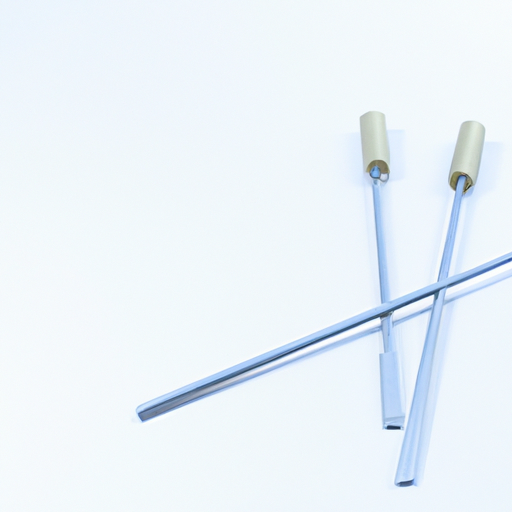Overview of PTC Thermistors
Positive Temperature Coefficient (PTC) Thermistors are specialized resistive temperature devices that exhibit a significant increase in resistance as temperature rises. This unique characteristic makes them highly valuable in a variety of applications, including temperature sensing, overcurrent protection, and thermal management. Their ability to self-regulate and respond quickly to temperature changes positions them as essential components in modern electronic systems.
Core Functional Technology of PTC Thermistors
| 1. Self-Regulating Behavior | |
| 2. Temperature Sensing | |
| 3. Fast Response Time | |
| 4. Durability and Reliability | |
| 5. Low Power Consumption | |
| 1. Overcurrent Protection in Power Supplies | |
| 2. Temperature Control in Heating Elements | |
| 3. Motor Protection | |
| 4. Battery Management Systems | |
| 5. Home Appliances | |
| 6. Automotive Applications | |
Application Development Cases
Conclusion

PTC thermistors, exemplified by models like the CFR-25JB-52-150K, are integral to contemporary electronic applications. Their distinctive properties—self-regulation, rapid response, and durability—render them indispensable across diverse industries, from consumer electronics to automotive systems. As technology advances, the scope of applications for PTC thermistors is expected to broaden, further solidifying their significance in electronic design and development. Their role in enhancing safety, efficiency, and performance in various systems underscores their importance in the evolving landscape of technology.
Overview of PTC Thermistors
Positive Temperature Coefficient (PTC) Thermistors are specialized resistive temperature devices that exhibit a significant increase in resistance as temperature rises. This unique characteristic makes them highly valuable in a variety of applications, including temperature sensing, overcurrent protection, and thermal management. Their ability to self-regulate and respond quickly to temperature changes positions them as essential components in modern electronic systems.
Core Functional Technology of PTC Thermistors
| 1. Self-Regulating Behavior | |
| 2. Temperature Sensing | |
| 3. Fast Response Time | |
| 4. Durability and Reliability | |
| 5. Low Power Consumption | |
| 1. Overcurrent Protection in Power Supplies | |
| 2. Temperature Control in Heating Elements | |
| 3. Motor Protection | |
| 4. Battery Management Systems | |
| 5. Home Appliances | |
| 6. Automotive Applications | |
Application Development Cases
Conclusion

PTC thermistors, exemplified by models like the CFR-25JB-52-150K, are integral to contemporary electronic applications. Their distinctive properties—self-regulation, rapid response, and durability—render them indispensable across diverse industries, from consumer electronics to automotive systems. As technology advances, the scope of applications for PTC thermistors is expected to broaden, further solidifying their significance in electronic design and development. Their role in enhancing safety, efficiency, and performance in various systems underscores their importance in the evolving landscape of technology.






